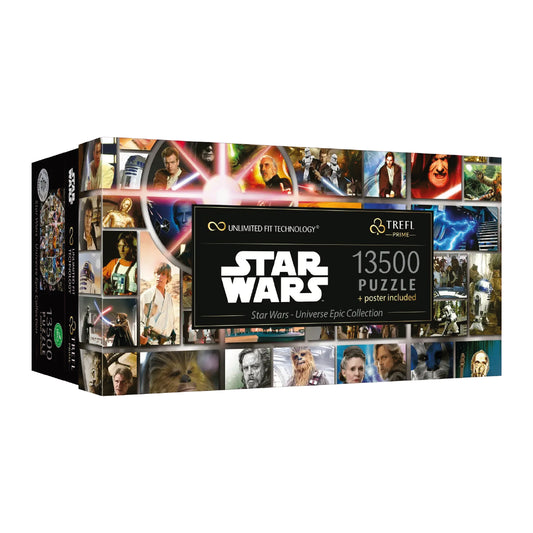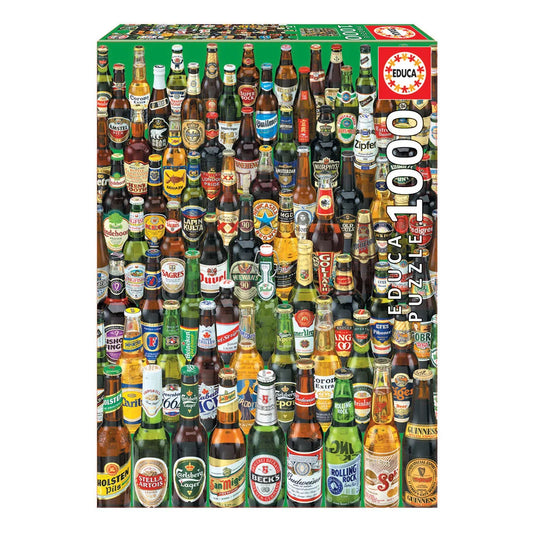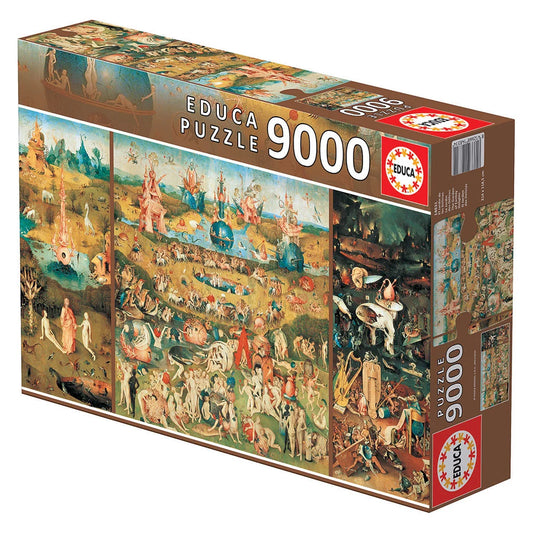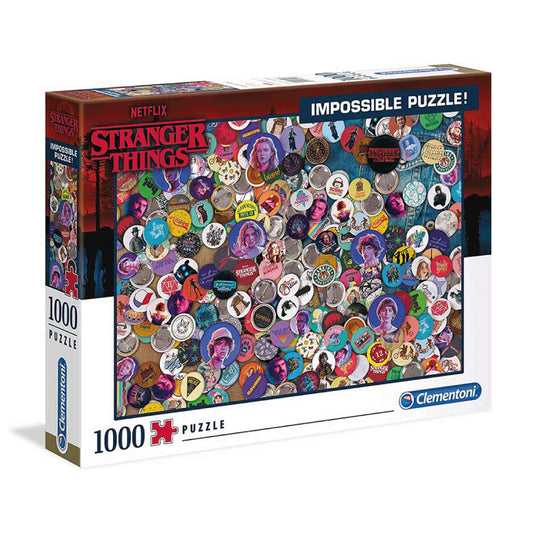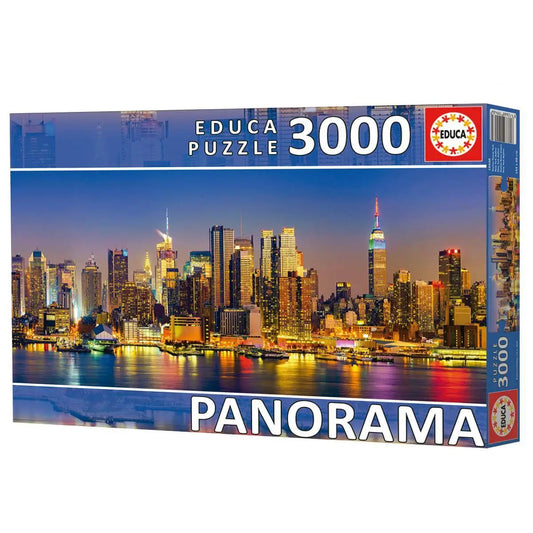
Have you ever started a puzzle "just for five minutes of relaxation" and suddenly it's 3 a.m., you have the spine of a question mark, and you're still searching for that damn piece of heaven you swear should be there? If so, welcome to the puzzle addict club—and no, it's not a lack of willpower. It's literally your brain being hijacked by science.
The benefits of puzzles for the brain aren't just lip service to justify hours wasted on a table full of tiny pieces. Decades of neurological research explain why puzzles are simultaneously relaxing and addictive, therapeutic and obsessive. It's as if puzzle creators have accidentally discovered the secret formula for hacking the human brain's pleasure centers.
Get ready for a journey through neuroscience that will completely change the way you view that puzzle box on your shelf.
The chemical cocktail of pleasure: dopamine in action
The brain reward system
Every time you fit a puzzle piece together, your brain releases a small dose of dopamine—the neurotransmitter responsible for feelings of pleasure and satisfaction. It's the same chemical involved in other "addictive" activities, but in a completely healthy and controlled way.
The genius of puzzles lies in the frequency of this reward. It's not a big burst of pleasure at the end (like finishing a book), but rather constant micro-doses of satisfaction. It's like having an internal reward system programmed to keep you engaged.
The "almost there" effect
Psychologists have identified something called the "near-miss effect" in puzzles. When a piece almost fits but doesn't quite fit, the brain interprets it as "I'm almost there" rather than "I failed." This feeling of near success keeps us motivated to continue—it's the same psychological mechanism that makes casino games addictive, but applied constructively.
Intermittent reinforcement
Puzzles perfectly apply the concept of intermittent reinforcement—the most powerful type of reward, according to behavioral psychology. You never know when you'll find the next right piece, which makes each attempt emotionally invested. It's like a slot machine, but instead of losing money, you gain cognitive skills.
The neurological superpowers of puzzles
Neuroplasticity in action
Doing puzzles is literally physical exercise for the brain. Neuroplasticity—the brain's ability to form new neural connections—is intensely stimulated during puzzle solving. You're essentially doing brain training.
Studies show that people who do puzzles regularly maintain sharper cognitive functions for longer. It's as if puzzles are an insurance policy against age-related mental decline.
Activation of multiple brain regions
Puzzles are rare in their ability to simultaneously activate different areas of the brain:
Visual cortex : Processing shapes, colors, and patterns Parietal lobe : Spatial coordination and mental manipulation of objects Prefrontal cortex : Strategic planning and problem-solving Limbic system : Emotional processing and memory
It's as if puzzles were a complete brain workout—cardio, strength, and mental flexibility all in one activity.
Improved working memory
Working memory—the ability to temporarily retain and manipulate information—is fundamental to almost all cognitive activities. Puzzles are one of the best exercises for strengthening this ability.
When you're searching for a specific piece, you're constantly keeping visual information (shape, color, texture) in mind while comparing it to the available options. It's like doing mental push-ups over and over.
The flow state: meditation in disguise
Focused concentration
Puzzles naturally induce what psychologists call "flow"—a state of intense concentration where you lose track of time and become completely absorbed in the activity. It's the same state experienced meditators strive to achieve.
The difference is that with puzzles, this state arises naturally, without specific training. The iterative and progressive nature of the activity creates the perfect conditions for deep concentration.
Reduction of stress and anxiety
Doing puzzles significantly reduces levels of cortisol—the stress hormone. The focus required for the activity forces the brain to "disconnect" from external concerns, creating an effect similar to mindfulness meditation.
Many therapists recommend puzzles as an anxiety management technique. It's more effective than many people realize—and much more enjoyable than breathing exercises.
Pause from overthinking
For people who suffer from chronic overthinking (we know you), puzzles offer a mental escape. The concrete, visual nature of the activity gives the brain something specific to focus on, interrupting repetitive thought cycles.
The specific cognitive benefits
Improvement of visuospatial capabilities
Puzzles are a pure exercise for visuospatial skills—the ability to visualize and manipulate objects mentally. This skill is essential in fields such as mathematics, engineering, architecture, and even driving.
Studies show that children who regularly do puzzles develop better spatial skills, which translate into lasting academic benefits.
Development of strategic thinking
Experienced puzzlers develop sophisticated strategies: starting with the edges, sorting by color, working through themed sections. These planning and organizational skills translate to other areas of life.
It's problem-solving in its purest form—identifying patterns, testing hypotheses, adapting strategies when they don't work.
Strengthening patience and persistence
In an age of instant gratification, puzzles teach a valuable lesson: some achievements require time and persistence. This ability to delay gratification is crucial for success in many areas of life.
Improved attention to detail
Puzzlers develop an almost superhuman ability to notice subtle details. This heightened attention translates to other activities, from professional work to interpersonal relationships.
The psychology of satisfaction
The principle of completeness
There's something deeply satisfying about completing a puzzle that goes beyond mere achievement. Psychologists call it the "need for closure"—the psychological need to complete unfinished tasks.
Puzzles satisfy this need in a tangible and visual way. You can literally see your progress, and the final image offers a sense of completion that many modern activities lack.
Control and predictability
In a life full of uncertainty, puzzles offer something rare: a problem with a guaranteed solution that depends solely on your effort. This sense of control is psychologically comforting.
You know there's a solution, you know you can find it, and you know the outcome will be exactly as expected. It's a rare island of predictability in an ocean of chaos.
Metaphor of life
Unconsciously, many people see puzzles as metaphors for life: we start with scattered pieces (problems), arrange them strategically (planning), work persistently (effort), and gradually build something beautiful and complete (success).
This psychological resonance makes puzzles emotionally satisfying beyond the cognitive benefits.
Puzzles as Therapy: Clinical Applications
Occupational therapy
Occupational therapists regularly use puzzles to rehabilitate fine motor skills, hand-eye coordination, and cognitive processes after brain injuries or strokes.
The progressive nature of the puzzles allows the difficulty to be adjusted as the patient's abilities recover.
Treatment of dementia and Alzheimer's
Puzzles are one of the most effective tools for maintaining cognitive function in people with early dementia. The activity stimulates multiple brain areas simultaneously, potentially slowing decline.
Families report that puzzles provide moments of clarity and connection with loved ones affected by dementia.
Depression management
The sense of progressive achievement that puzzles provide can be particularly valuable for people with depression, who often struggle with feelings of helplessness and lack of progress.
Each piece that fits together is a small, tangible victory—something that can be crucial during difficult times.
Anxiety and panic attacks
The concentration required to solve puzzles can interrupt anxiety cycles and provide grounding during panic attacks. It's a mindfulness technique in disguise.
The social dimension: puzzles as a bridge
Multigenerational activity
Puzzles are one of the few activities that truly work for all ages. Grandparents and grandchildren can work on the same puzzle, each contributing according to their abilities.
This universality makes puzzles powerful tools for family connection.
Cooperation without competition
Unlike competitive games, puzzles promote pure cooperation. Everyone works toward the same goal, and one person's success contributes to everyone's success.
This dynamic creates positive social environments and reduces interpersonal conflicts.
Natural conversations
The nonverbal nature of puzzles allows conversations to flow naturally. Many families report that the best conversations happen around the puzzle table.
It's as if shared activity reduces social barriers and creates space for genuine communication.
The future of research
Technology and puzzles
Researchers are exploring how augmented reality and artificial intelligence can enhance the cognitive benefits of puzzles while maintaining the tactile aspects that make them unique.
Neuroscience-based personalization
The future may include personalized puzzles based on individual cognitive profiles, optimized to stimulate specific brain areas.
Advanced medical applications
Studies are investigating how puzzles can be used as early diagnostic tools for neurodegenerative conditions.
Conclusion: more than entertainment, it is a brain investment
The science behind the brain benefits of puzzles reveals that this seemingly simple activity is actually one of the most effective forms of brain exercise available. It's not just fun—it's an investment in your long-term cognitive health.
When you tackle your next puzzle, remember: you're not just passing the time, you're literally building a more resilient, focused, and capable brain. Each piece you fit together is a small investment in your cognitive future.
The next time someone tells you you're "wasting time" with puzzles, you can politely explain that you're actually doing applied neuroscience. And if you want to start your own brain-strengthening journey, explore our selection in the Puzzle Shop .
Because taking care of your brain has never been so fun — and scientifically based.



